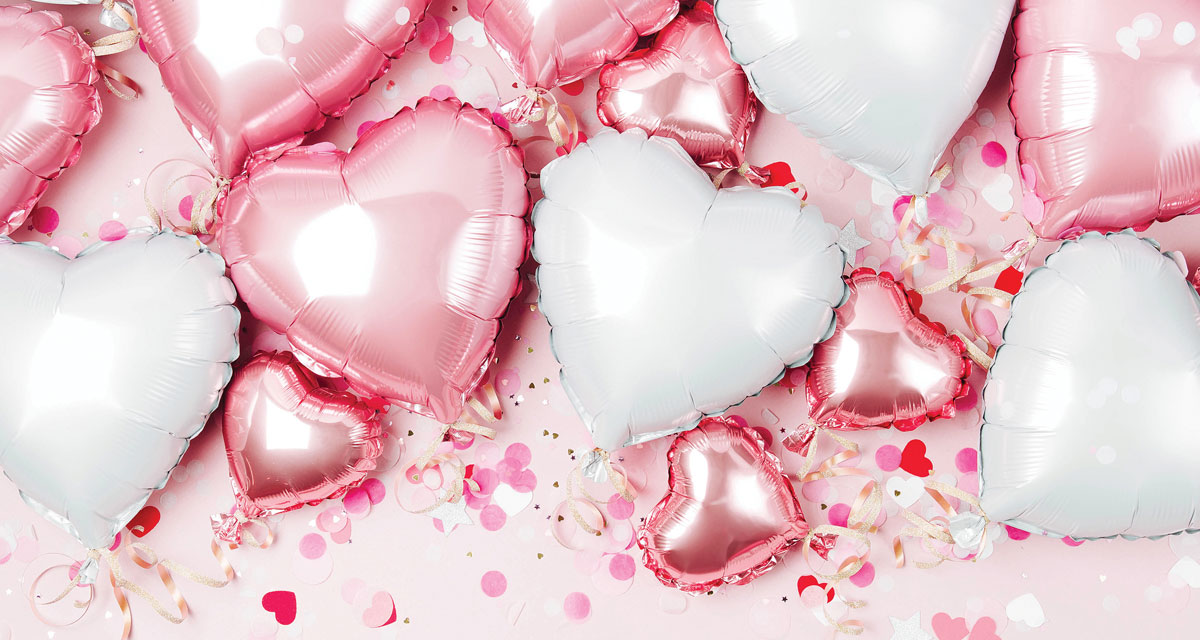BY ADELE CASANOVA
Defining love is a complicated task. Love as a noun can mean deep affection, great pleasure, benevolence, or emotional attachment. Love as a verb can be used to mean devote, cherish, revere, or desire intensely. We use the word love to describe a vast variety of emotions and attitudes toward people, spouses, siblings, friends, children, as well as to activities, foods, and events, etc. But the question we are asking here is to define what we all seek in life: long-lasting, abiding, unconditional love of another person, be it a romantic love, a familial love, or a love between friends.
How then, do we define this so sought-after emotional state of love? Perhaps we strive to understand love because it is an emotion that we do not control. We do not automatically love those in our lives. We don’t always get to choose whom we love or who will love us in return. When we feel deep love for someone, we experience a complicated release of chemicals in the brain, thus driving us to express and experience that love in a variety of powerful ways.
When love is valued, it is allowed to mature into a state of appreciation, affection, and tolerance of the imperfections of another. As true love grows, it can develop into the ultimate love of another person known as unconditional love. Unconditional love is that which is freely given without expectation of return, without judgment, without reservation and with no demand for perfection. Unconditional love is the single most important component for the success of a truly committed relationship, whether it is between two married people “forsaking all others” for a lifetime of companionship, or a lasting bond of love between parent and child. Another way to describe unconditional love is to discern the difference between loving someone for what they can do for you, or loving someone for who they are.
When we can love others for who they are, long-lasting and rewarding relationships, filled with compatibility, can thrive. A loving relationship between romantic partners can bring great fulfillment and happiness. It is evidenced by the success of numerous online match-making services that a large majority of our society seeks the rewards of just such a fulfilling, loving partnership. From the rush of new love to comfortable and familiar long-established love, it is a state of being which we rejoice over and celebrate.
To be loved, to be valued and included are natural human desires. We marry for love, create families to love and seek friendships that generate genuine feelings of affection. Unconditional love can develop in all of these types of loving relationships. It can be an assumed state of being, until one day it is truly tested by the need and opportunity to deliver it, regardless of the personal cost to the giver. Once this invaluable gift is given, it is eternally cherished.
Whether we want to celebrate a romantic love, a familial love or the love of a precious friendship, we can find fun, creative ways to acknowledge and appreciate love. Valentine’s Day is an opportune time to take stock of our relationships and review their substance and value. What a wonderful concept to have a day set aside to take time to celebrate our special relationships! Cards, flowers, candies, special gifts and personal messages are all appropriate ways to acknowledge those in our lives that we love—spouses, sweethearts, children, siblings, and friends. Love rules!


















